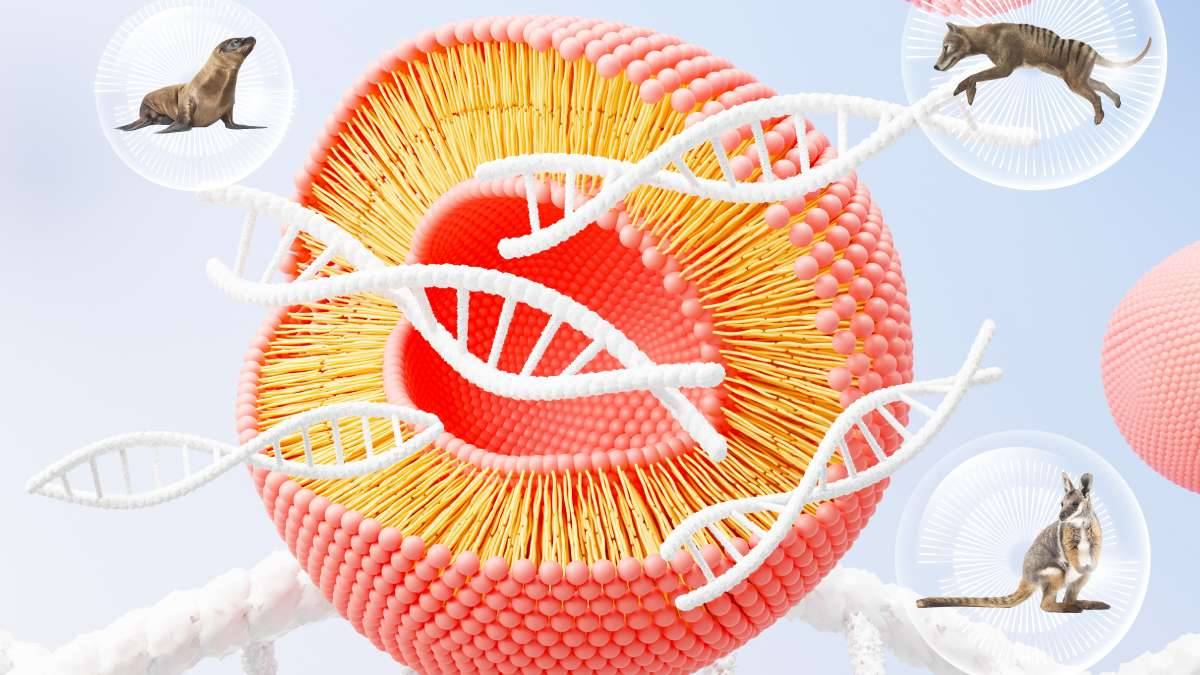
Earth BioGenome Project, Conservation Genomics in Coping Biodiversity Loss
ARTICLES | Aug 26, 2022
Writer: Nuttawut Kulkaew
Editor: Wittaya Wonglor
Species and biodiversity are under threat around the world from human-caused climate change.
Since 1900 about 20% of terrestrial organisms have become extinct. Unless climate change and ecosystem restoration are addressed, the world is set to lose over 50% of its biodiversity. A digital library with a genetic database of living beings may offer solutions to track and prevent extinction, protecting ecosystems and maintaining biodiversity
Earth BioGenome Project (EBP) is a 10-year collaboration by environmental organizations and governments, including the United States, European Union, China, Australia, Brazil, Japan, Canada and Africa. The initiative aims to build a global database of cellular organisms and use that data in biogeographical fields. Its system to understand living beings can enhance knowledge of biodiversity, ecosystems, and populations, helping design management plans to conserve and develop species around the world, especially those at risk. Genetic material such as whole-genome sequencing (WGS) has led researchers around the world to believe the database could be as complete as possible.
The project’s first phase began in 2018. More than 5,000 scientists in 43 relevant institutions from 100 countries around the world are participating in the project under 3 goals: conserving biodiversity, sustainable resource use, and sharing research into genetic resources for the benefit of the world in the next generation.
Implications for the future:
- Future genetic data collection will provide humanity with the most comprehensive and high-quality genetic database ever for conserving species, biodiversity, and habitats, including guidelines for solving climate problems.
- Making resources accessible to all will enhance international education and cooperation on ecosystems and biodiversity and stimulate the production of personnel, research, government policy, and business for the bioeconomy.
- Public projects will lead to the bioeconomy, leading to business practices in agriculture, energy, medicine, and tourism for sustainable biodiversity and culture.
Reference:
- https://goat.genomehubs.org/
- https://www.pnas.org/doi/10.1073/pnas.2115639118
Want to know more about us, click https://www.facebook.com/FutureTalesLABbyMQDC or follow at https://www.blockdit.com/futuretaleslab











